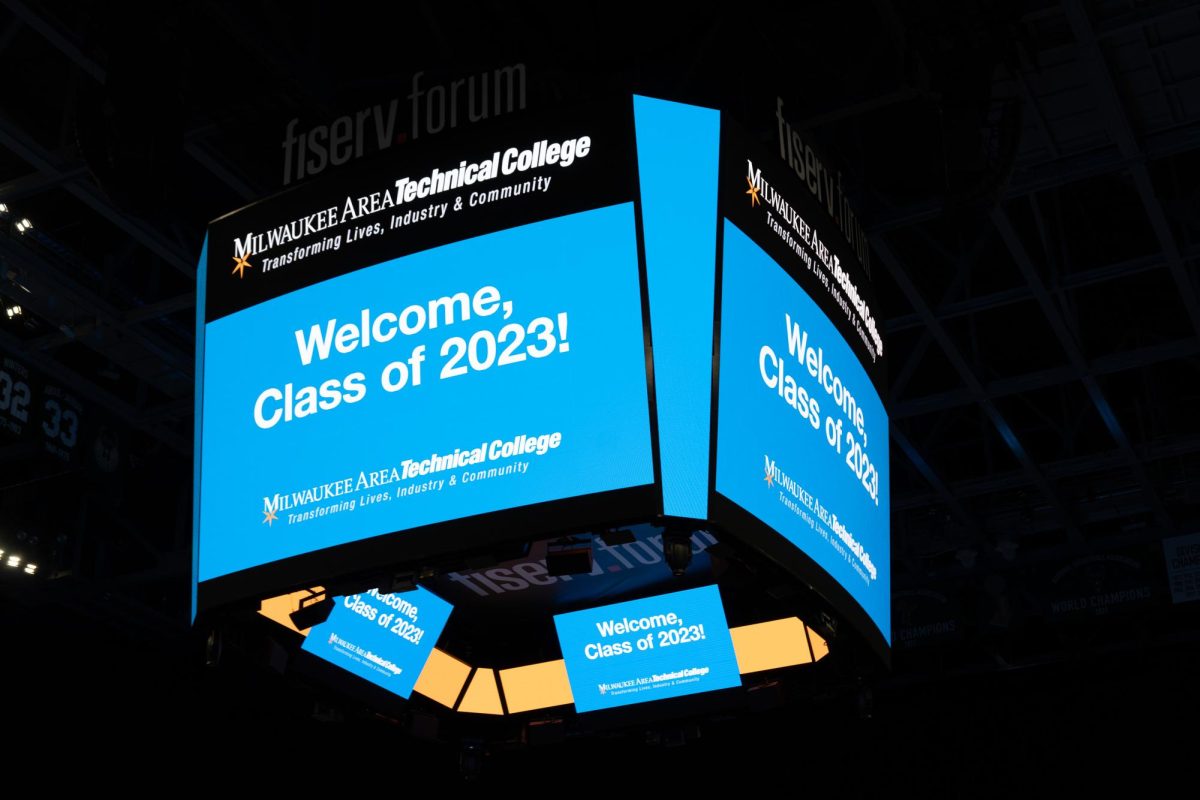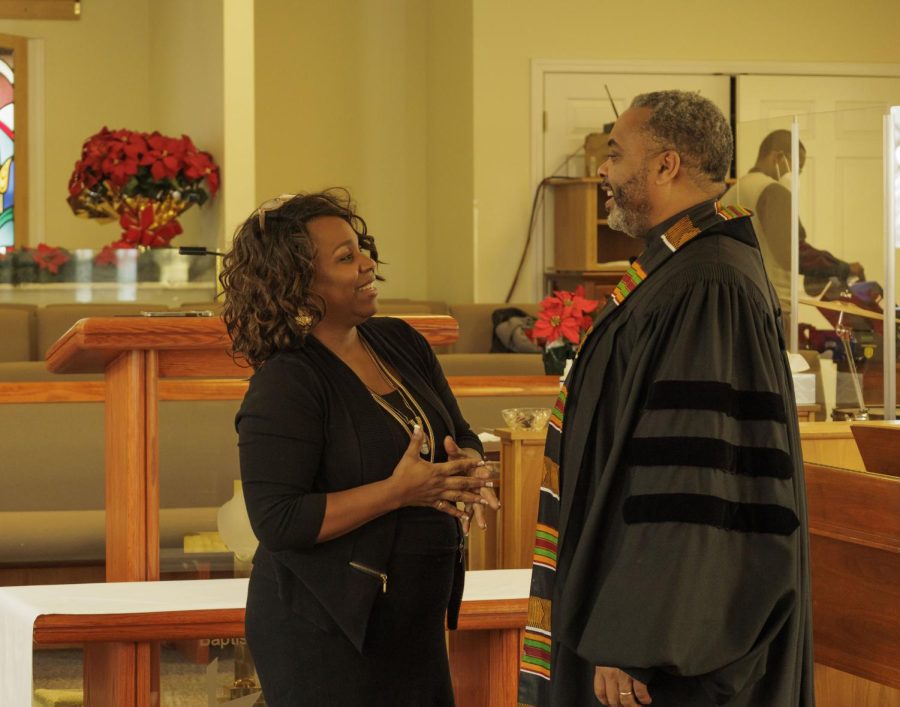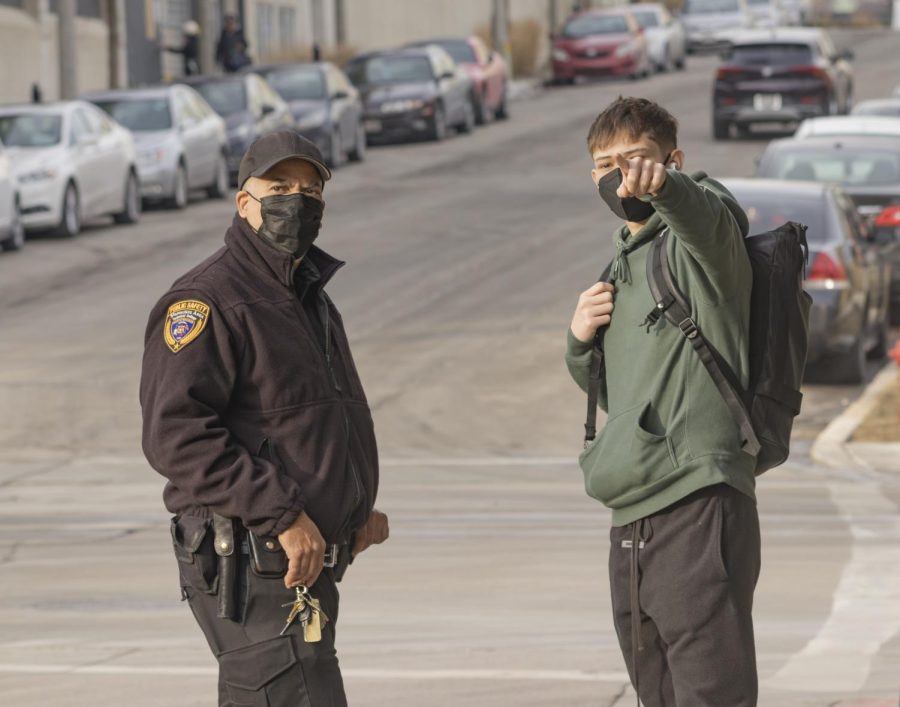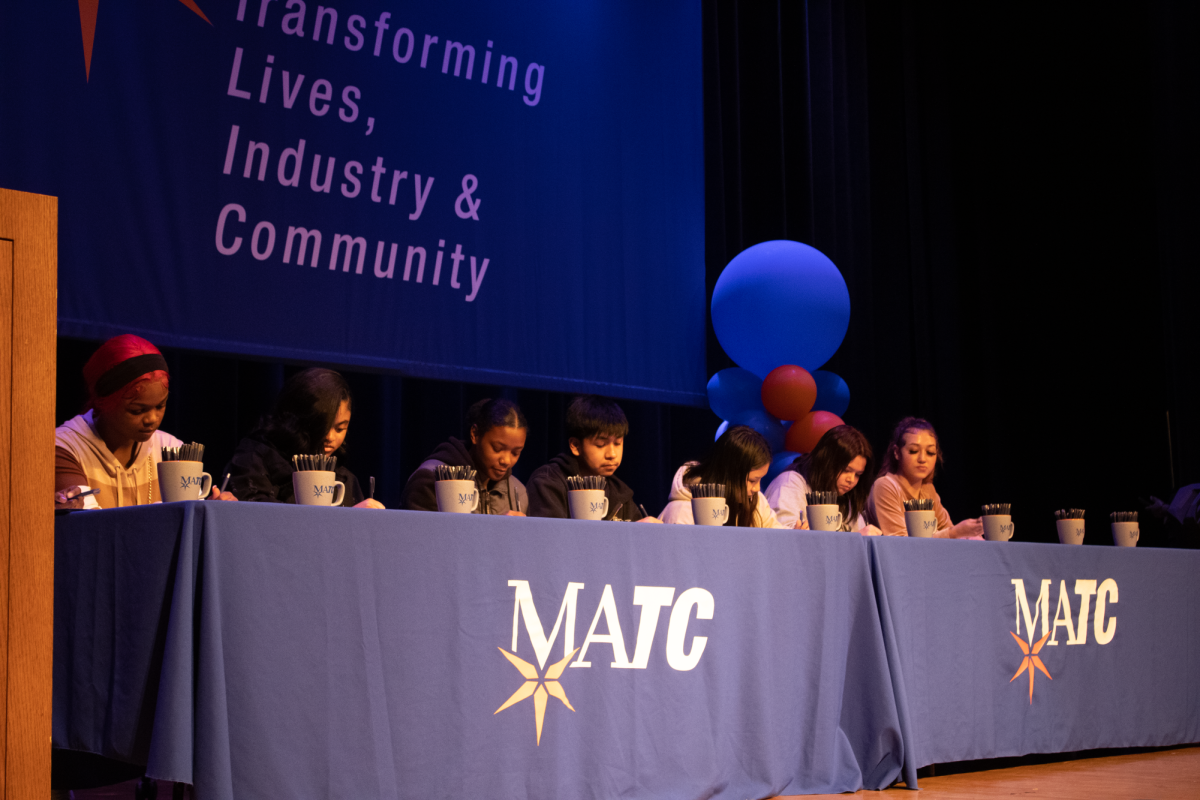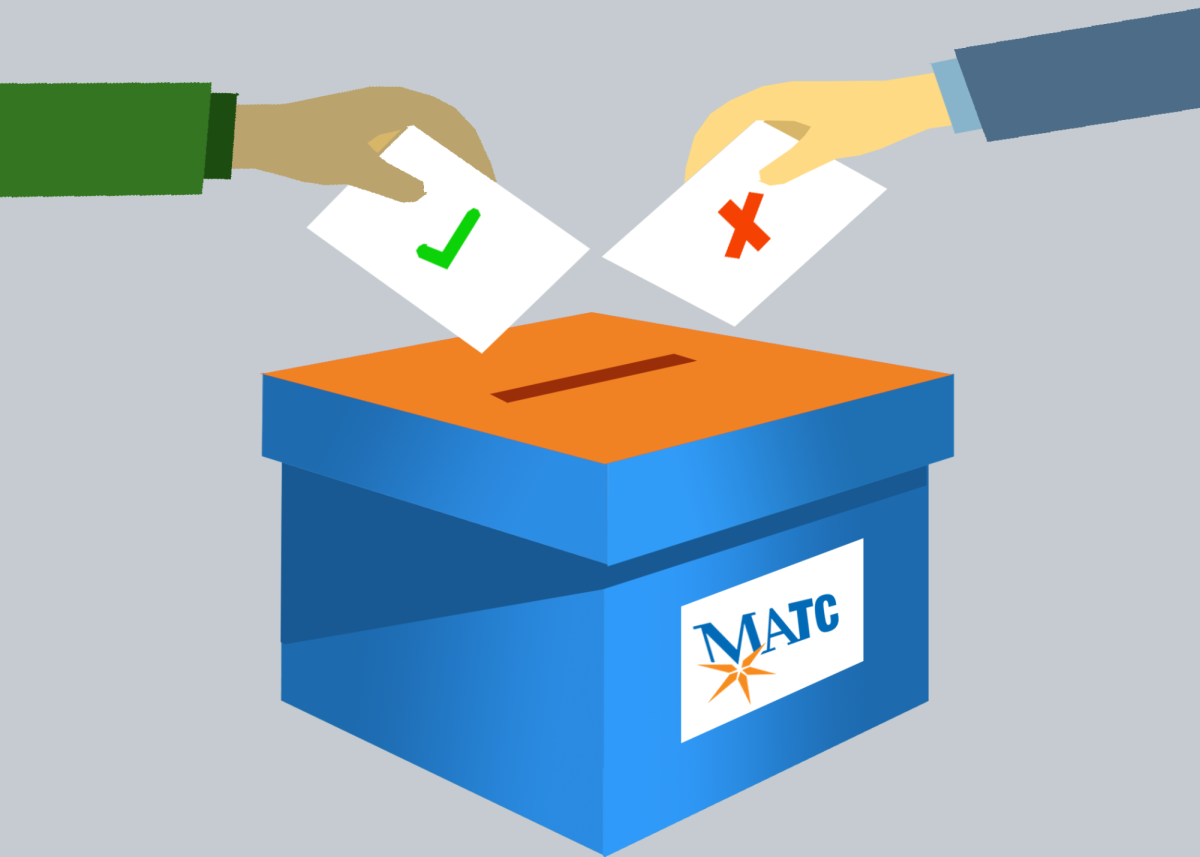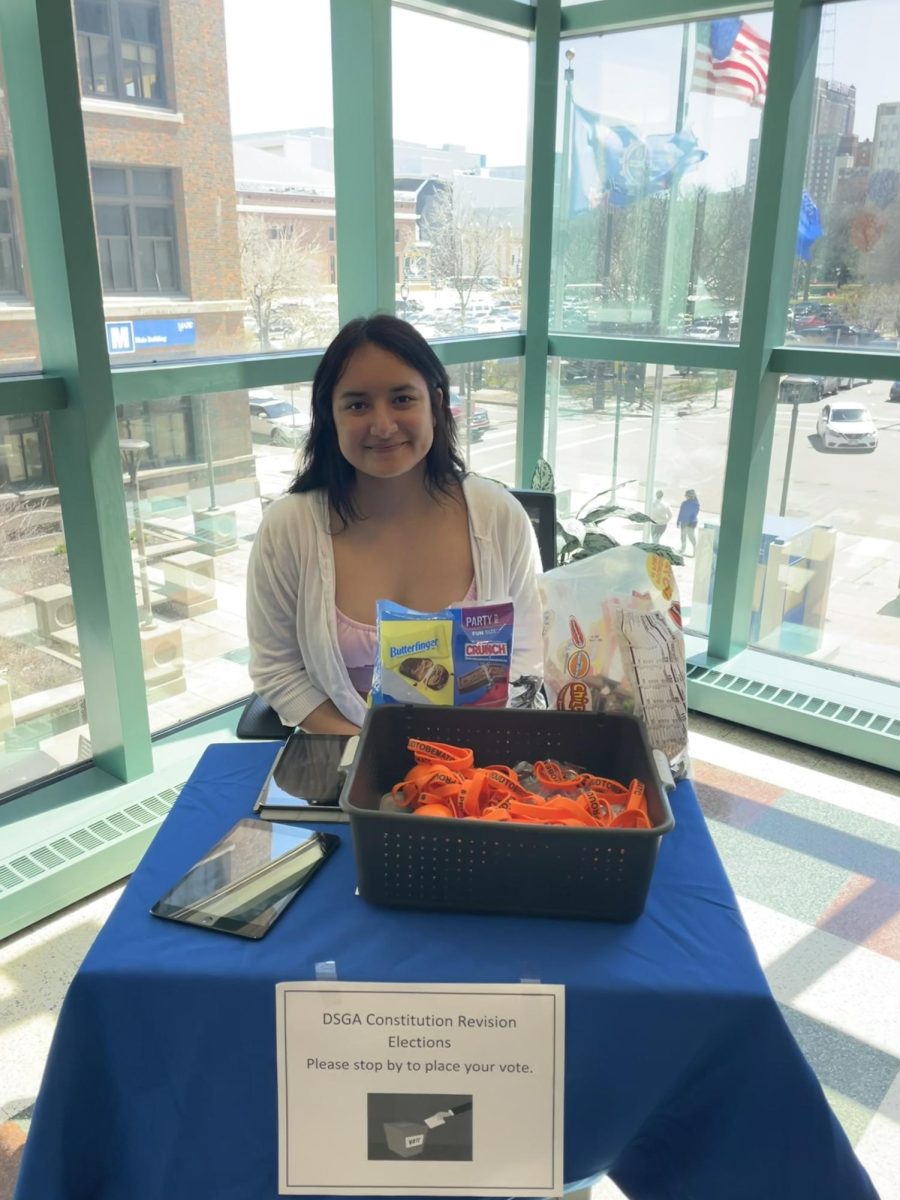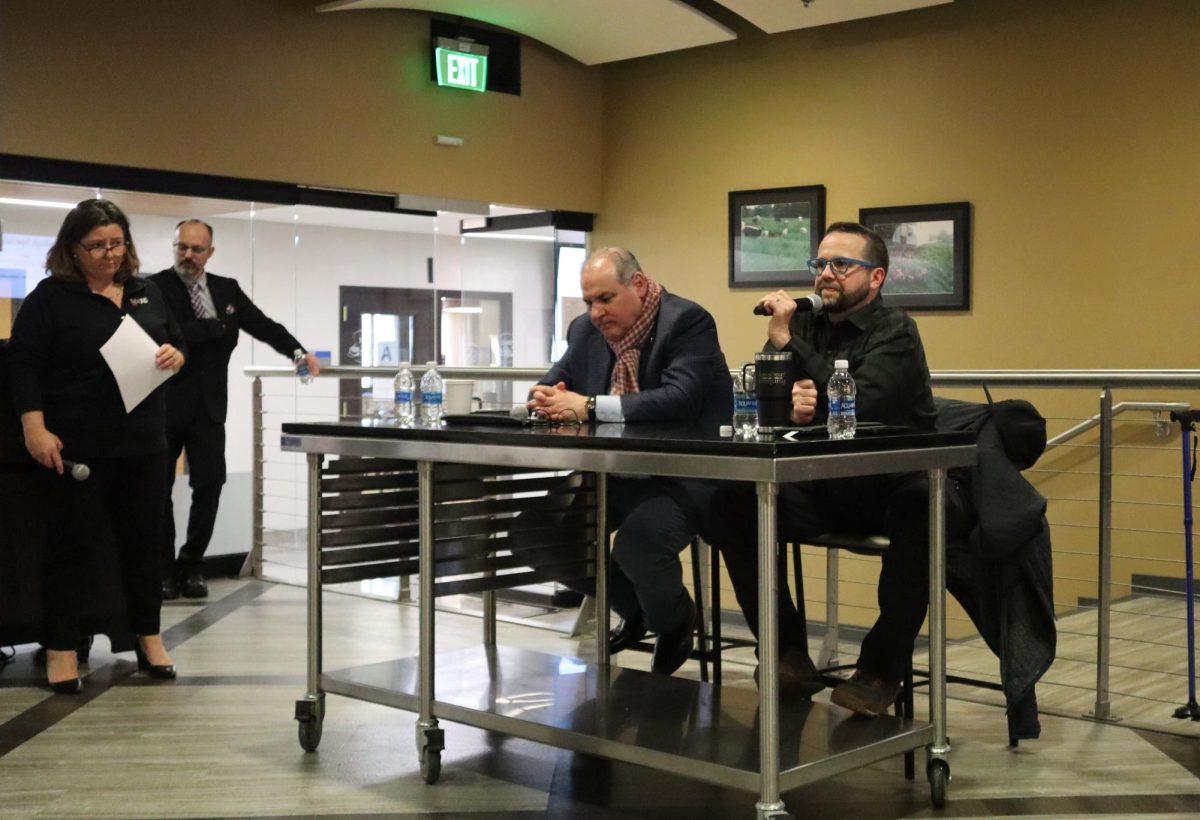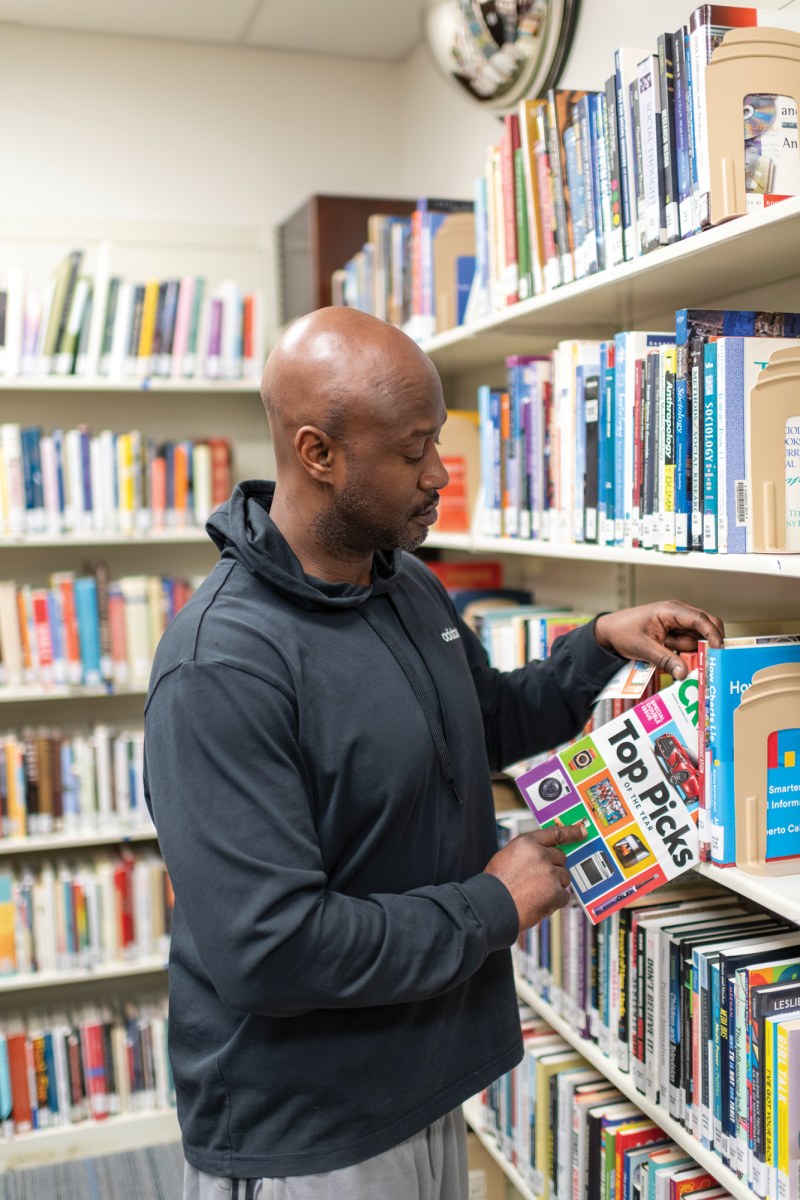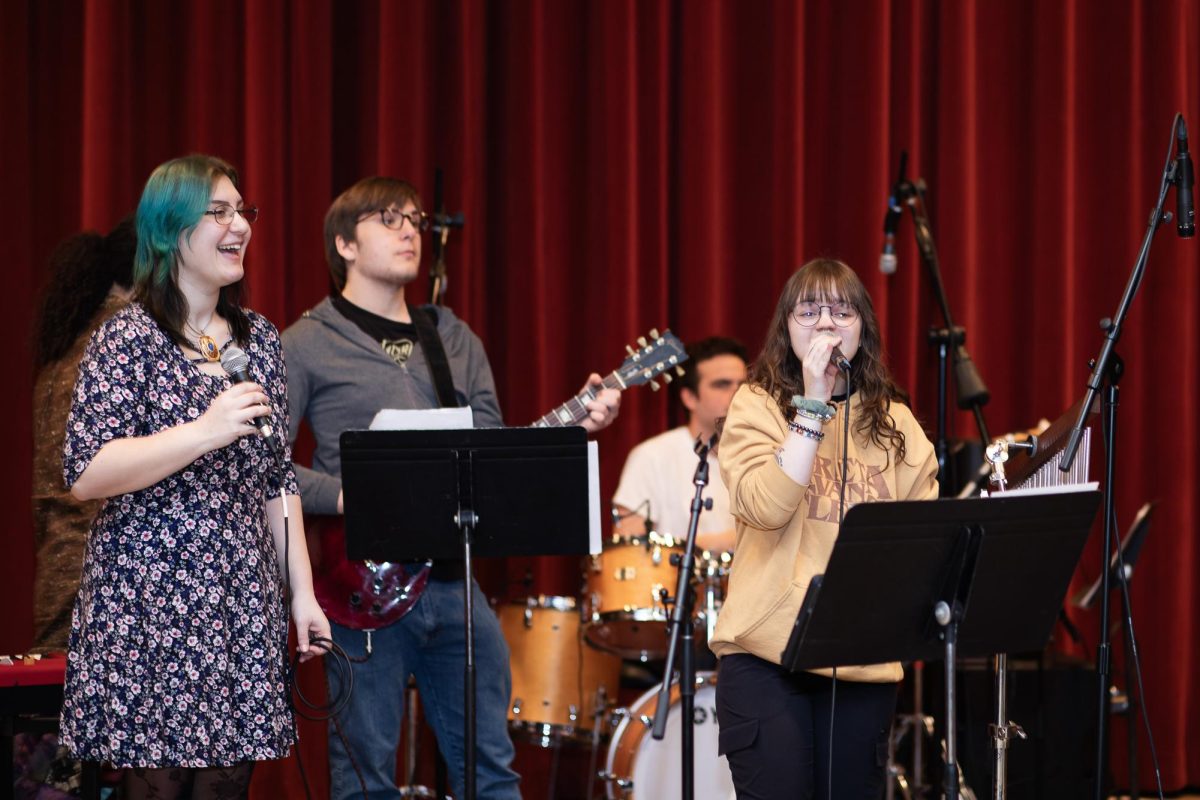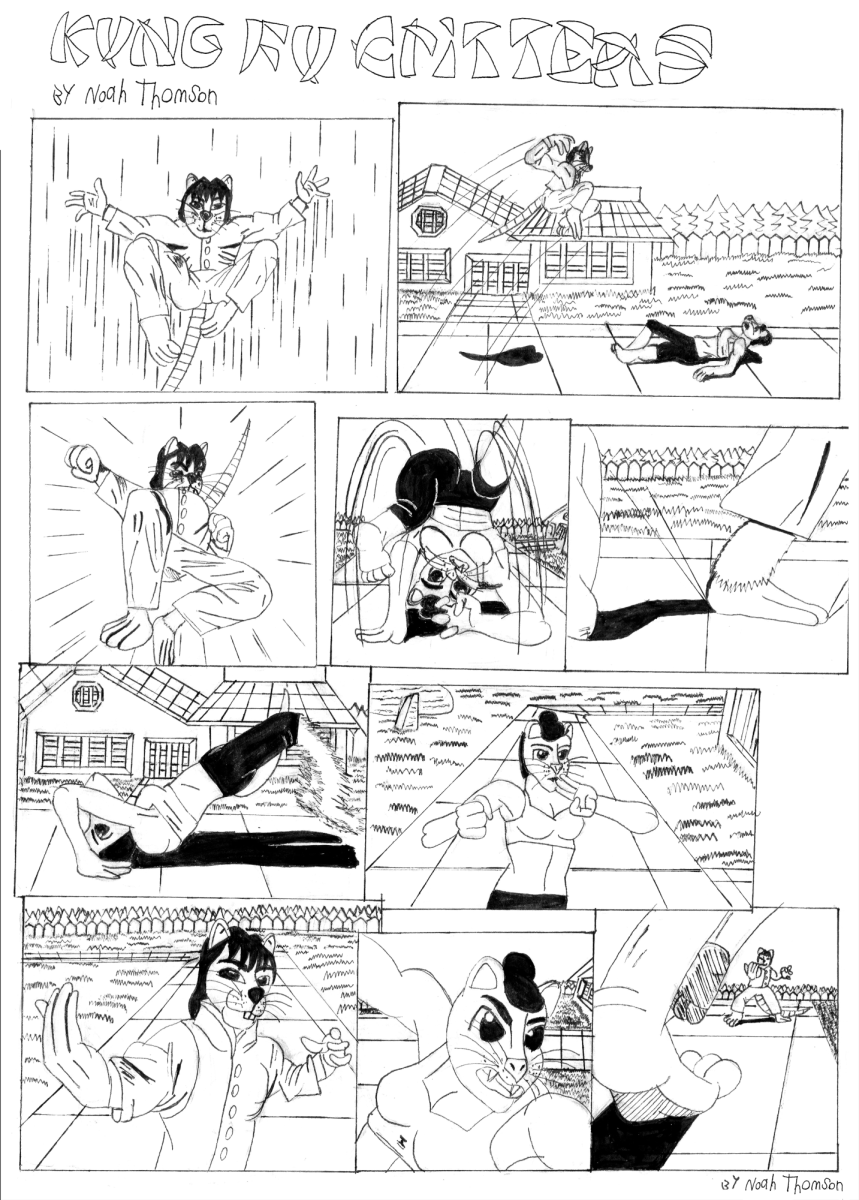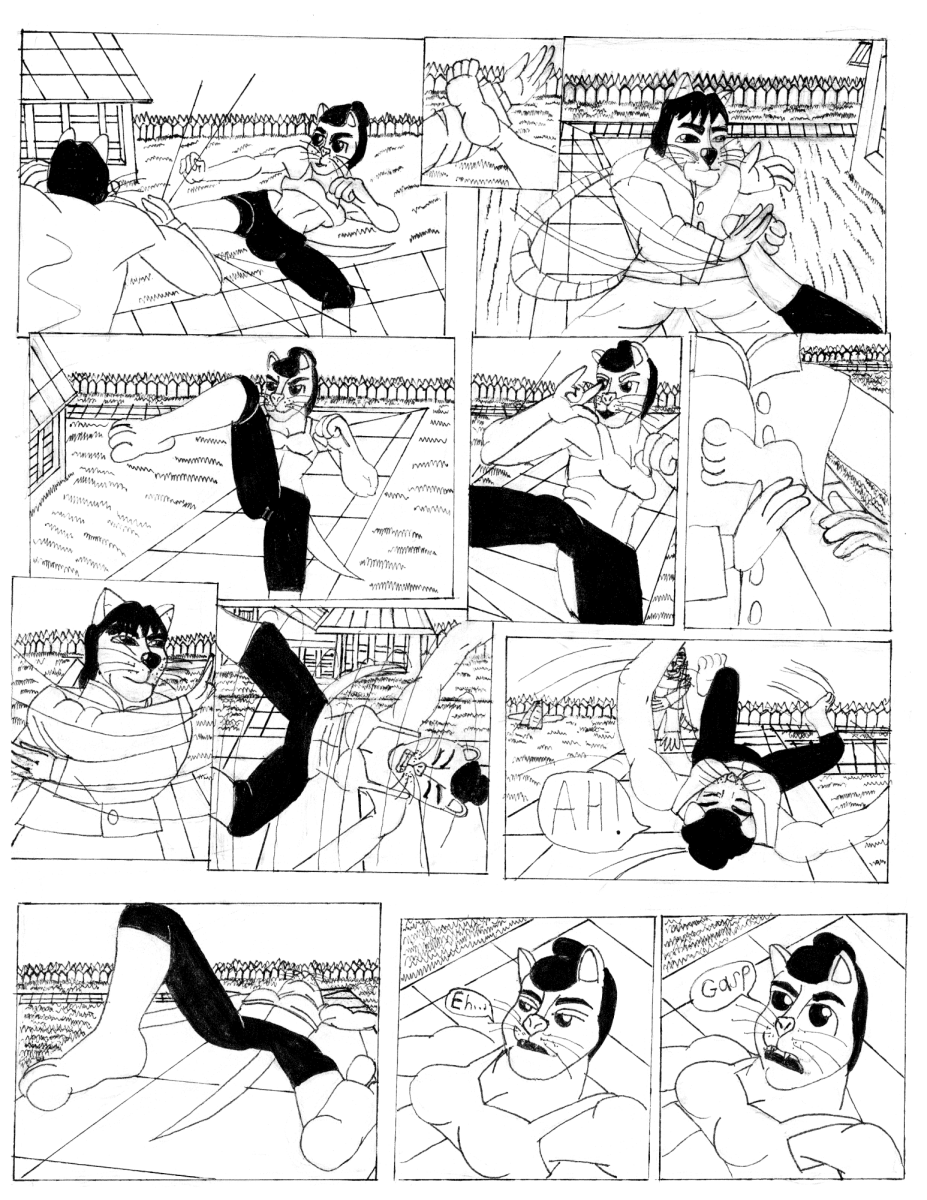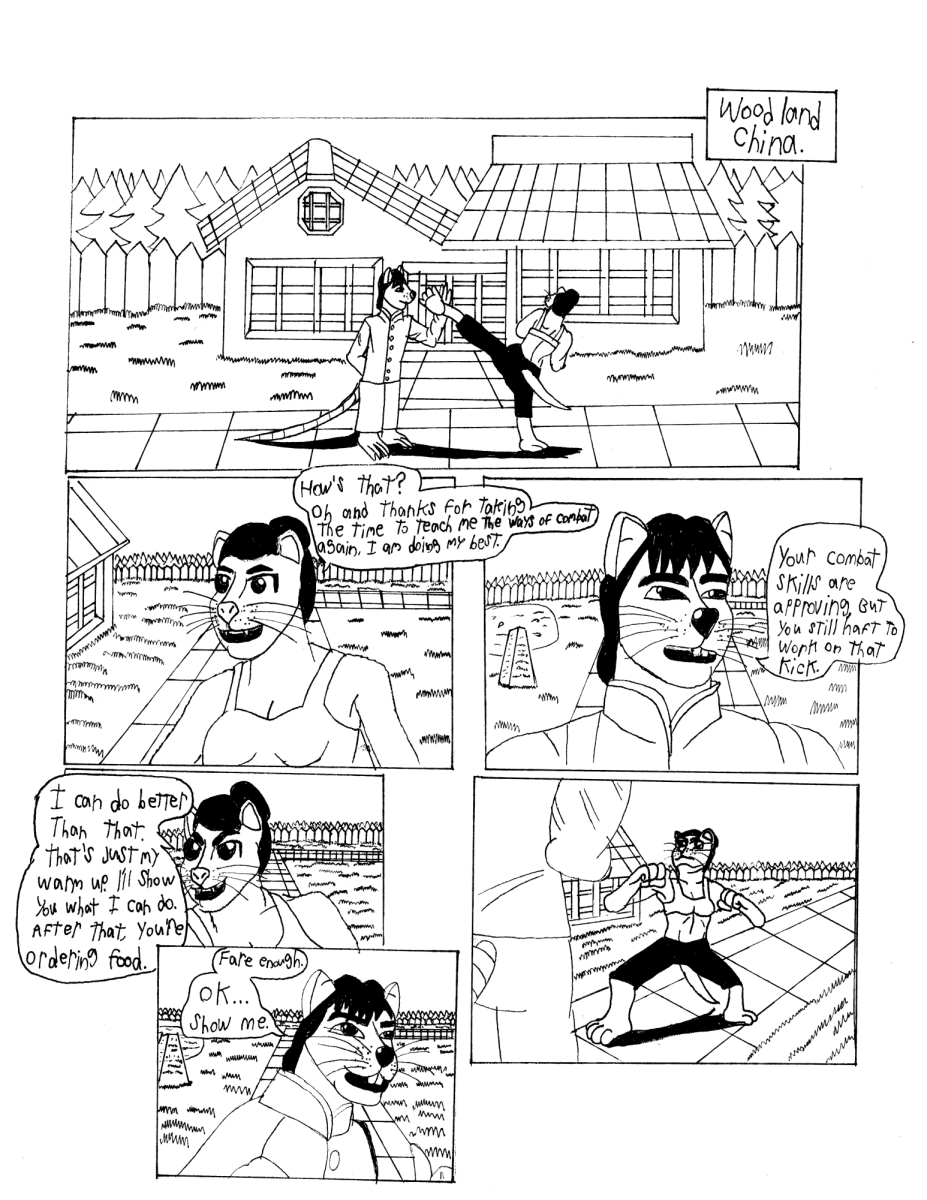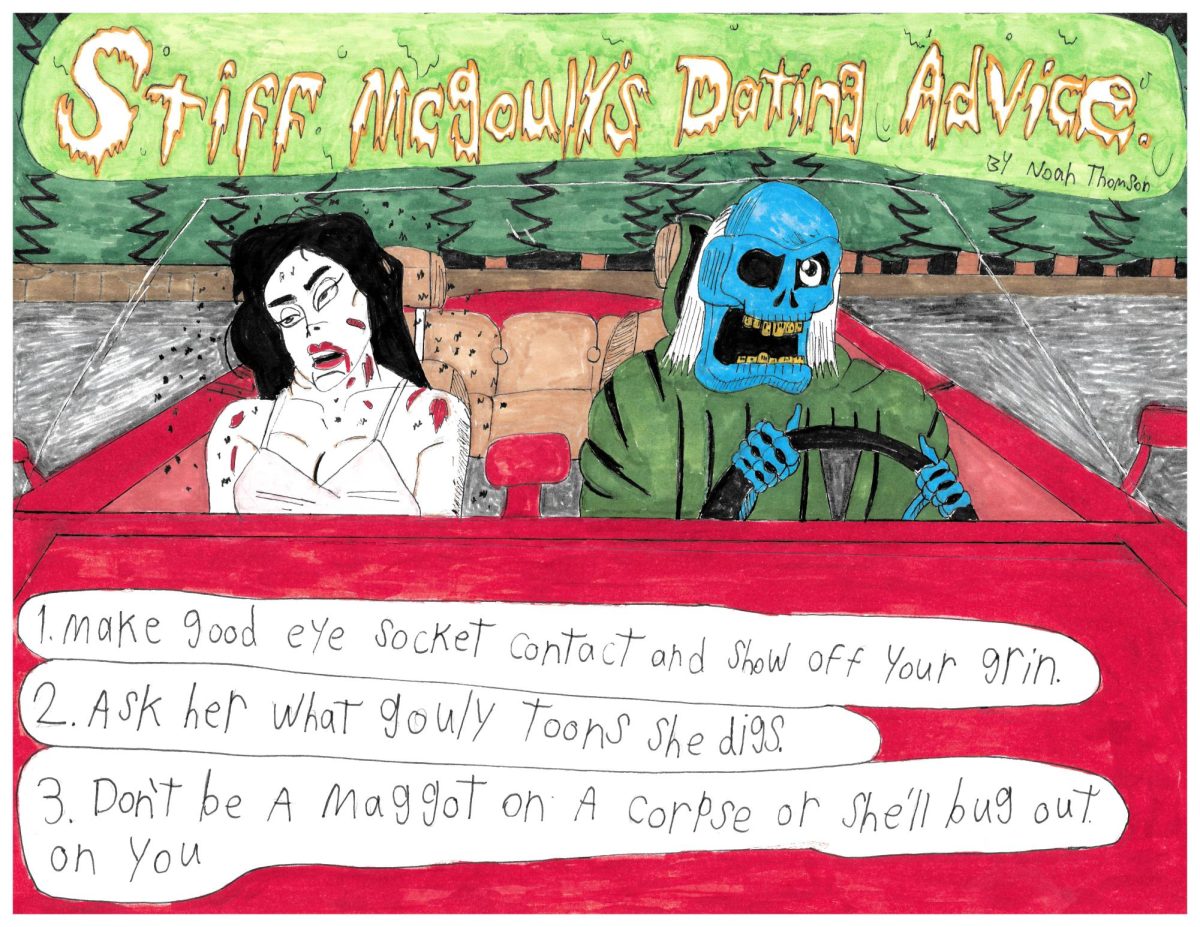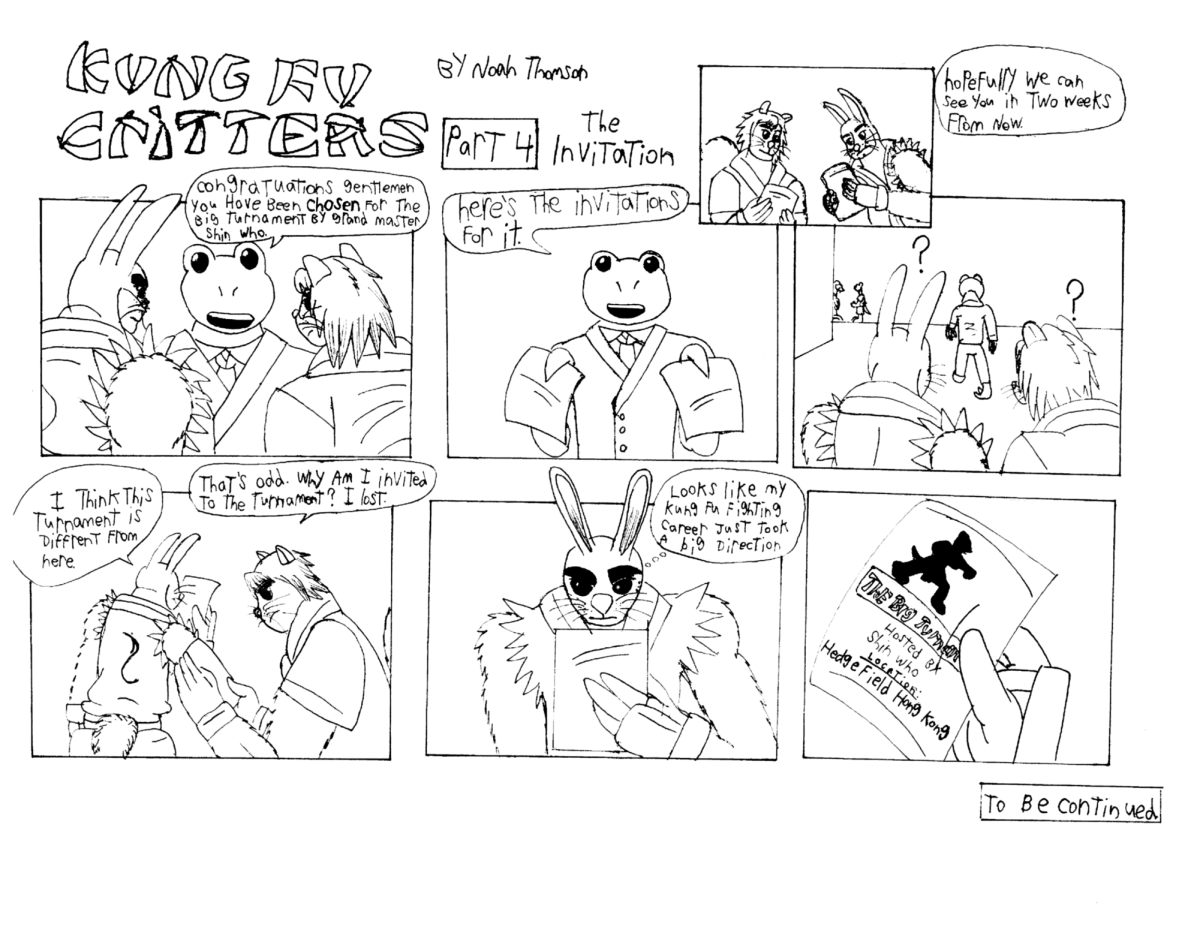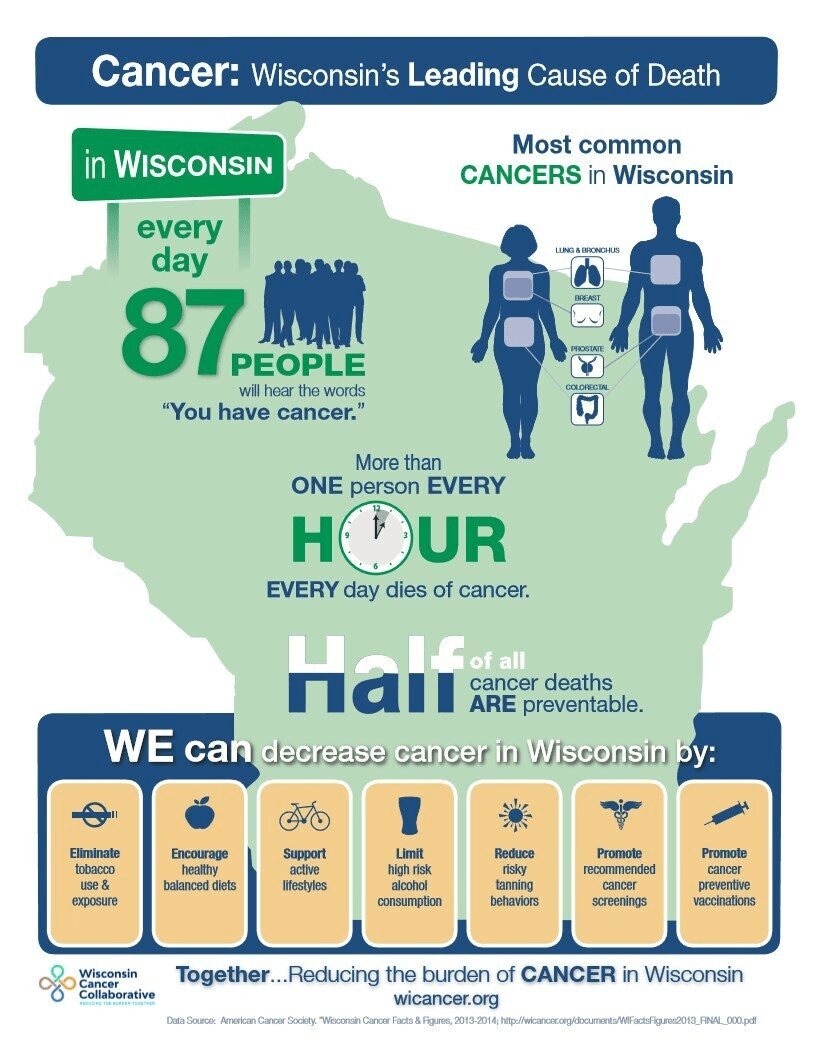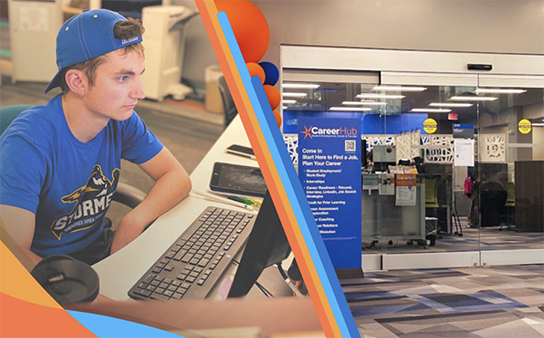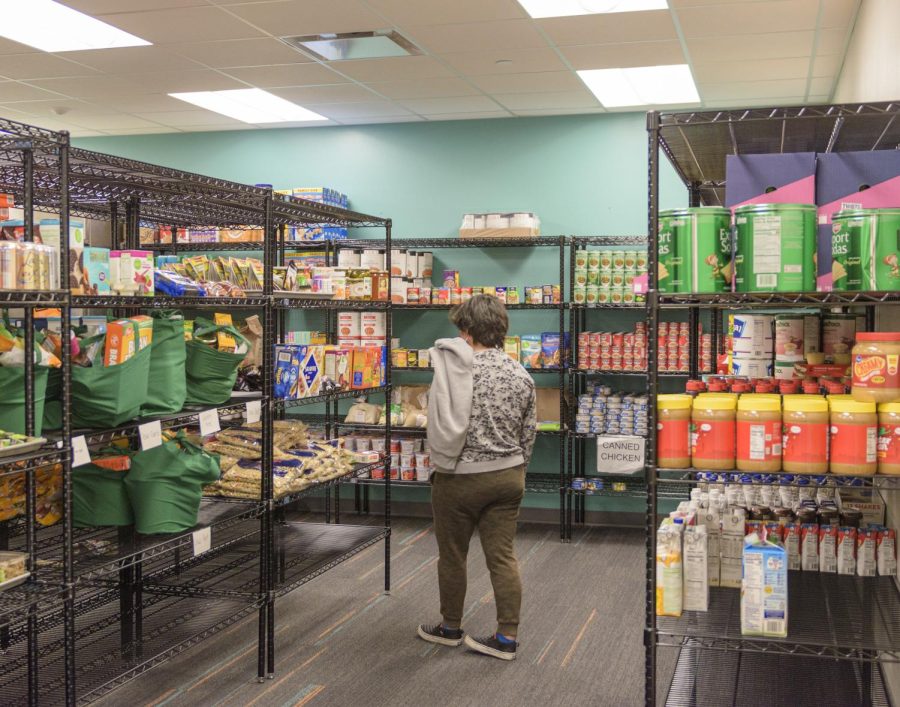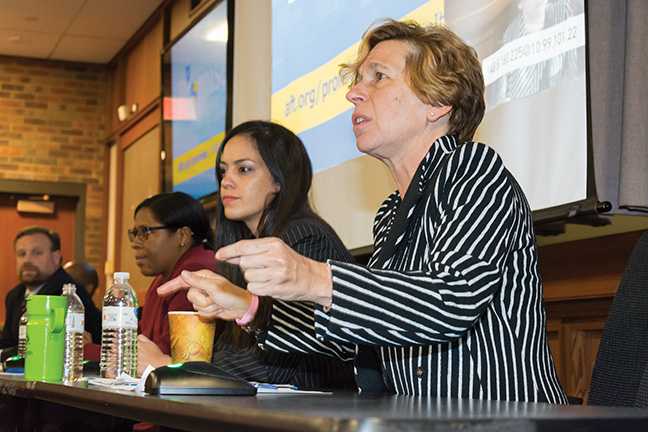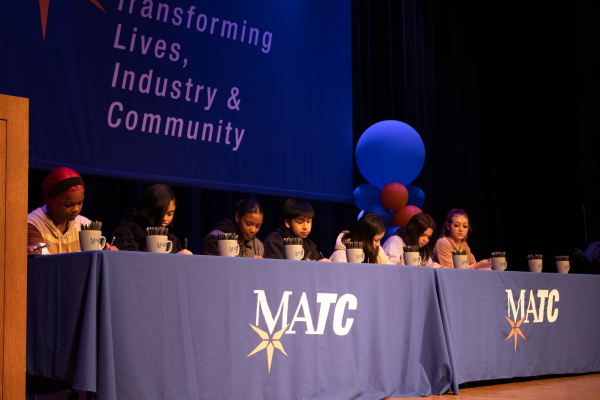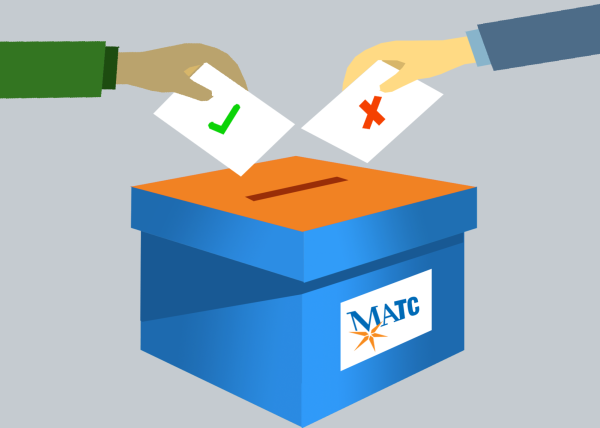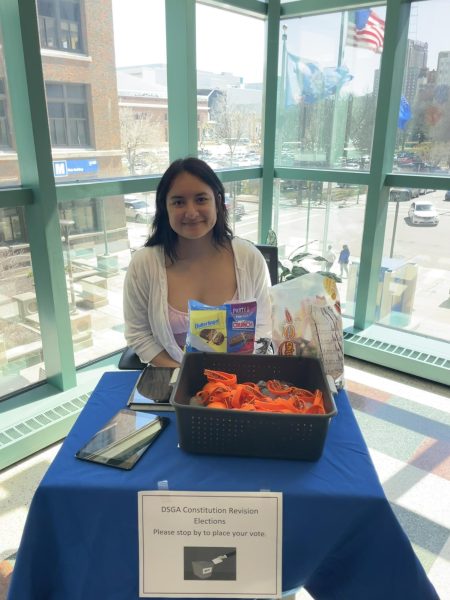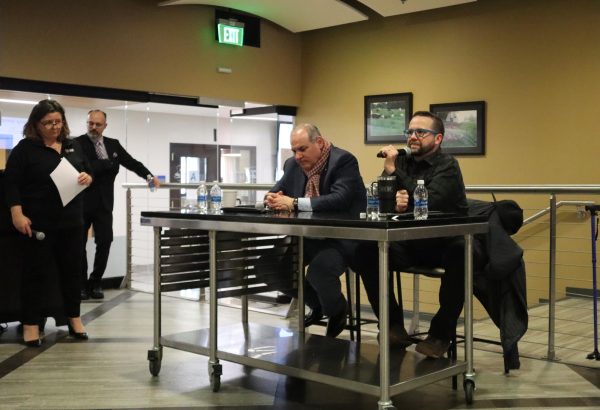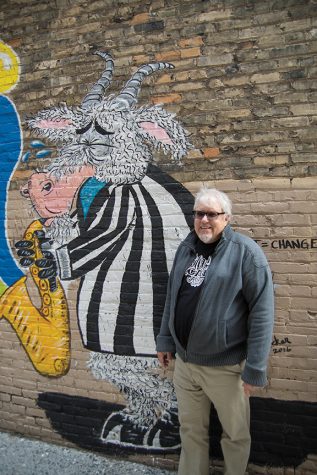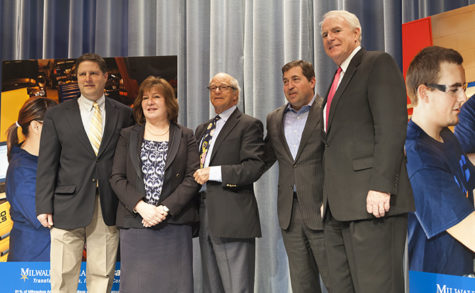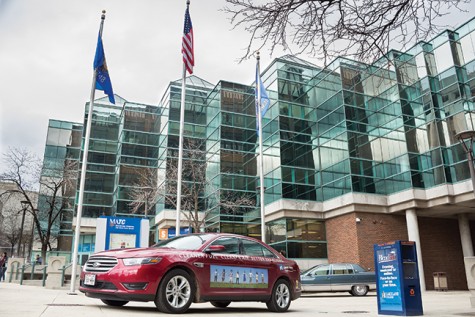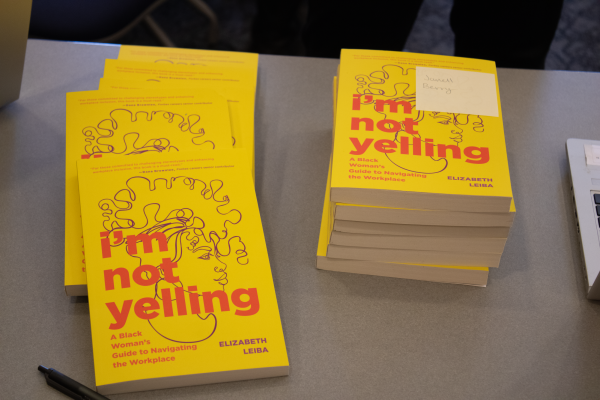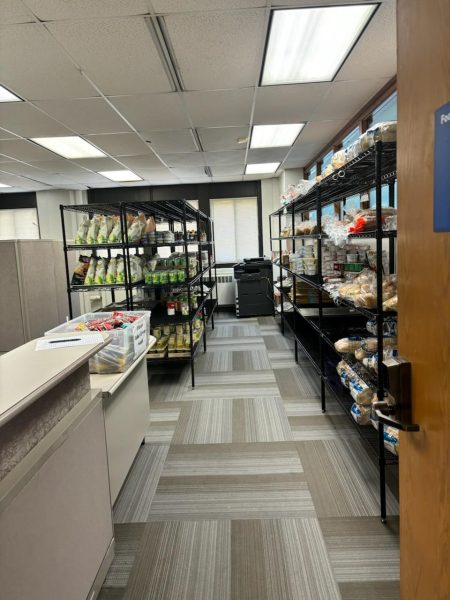Student debt forum nominates a fix for crisis
Photo by Kirsten Schmitt
State Rep. Cory Mason, MATC student Katrona Burks, MATC instructor Luz Sosa and AFT President Randi Weingarten spoke about student debt in Wisconsin at a student forum held at the Downtown Milwaukee campus on Oct. 2.
U.S. Rep. Gwen Moore, State Rep. Cory Mason, President of the American Federation of Teachers Randi Weingarten, MATC Economics professor Luz Sosa, and Nursing program student Katrona Burks formed the panel during a public forum discussing student debt issues at the Downtown Milwaukee campus on Thursday, Oct. 2. The event was broadcast live to the other campuses and on ustream.tv.
Mary Burke, Democratic candidate for Wisconsin governor, was scheduled to participate but canceled and asked Moore and Mason to sit in her place.
Weingarten thought creating a forum in the state was a crucial decision due to the current financial aid situation it faces.
“Even in a period of austerity throughout the United States,” Weingarten declared, “there are some states that made a decision that they weren’t going to wholesale disinvest in colleges and there are other states that made a different decision. And Wisconsin is among the eight states that made the deepest cuts in the investment of state aid to students.
“We make it really hard to take a student loan,” Weingarten went on to say, “and when people have a student loan, unlike car loans or mortgages or other kinds of things, they can’t even refinance it to lower rates.”
“We do need to find a way to help students refinance their debt,” Moore agreed after painting the statistical picture facing students today but before noting Gov. Scott Walker’s lack of concern for the issue. “Unfortunately there was an initiative in the state legislature to refinance debt and that was a very low priority for the governor and his administration.
“He cut $250 billion from the UW system,” Moore stated, “and slashed technical colleges by 30 percent. And of course his claim to fame is that he froze tuition.
“We’ve seen that movie before,” Moore said, referring to a 2001 tuition freeze that resulted in a 15 to 18 percent post-freeze increase.
Sosa told a personal story of crippling unemployability and crushing debt after graduating from Marquette University with $70,000 in unpaid federal loans. “Nobody told me that the American dream was I wouldn’t be able to sleep. I’m so stressed out.”
She also shared her displeasure about the growing void between workers’ pay and students’ costs.
“From the year 2000 until today,” Sosa described, “we have actually seen average wages go down by 10 percent while college tuition has increased over 500 percent.
“How is that possible? I’m an economist, I don’t understand these numbers!” Sosa said incredulously.
Mounting debt and the pressure of her children beginning college and not being able to borrow money while she does has brought Burks’ frustration and misery to a breaking point after years of striving for a better life.
“It’s a double standard,” Burks said. “You do good, you do good, you do good. You force all this knowledge on the kids about getting your academics together, starting young. My daughter was valedictorian … Then you get to college and ‘Oh, sorry, there’s not enough funding because your mom uses funding.’”
Mason, a late arrival to the proceedings, urged attendees to create a positive impact in the crisis through action at the polls.
“There’s more than a million people,” Mason commented, “in this state with student loan debt. More than a million. And if those people all got out and voted and said I want to be able to refinance my loan at lower rates, we could make a real change here. It can absolutely make a difference in November.”
His statement soon turned into a crystal clear plea.
“The end of the story that is not yet written is this: Are we going to make a change in leadership in this state so that we can do something about it? I would encourage each and every one of you on Nov. 4th to vote for Mary Burke, who took this issue on.”
The plea grew into a righteous call to arms, referencing the same decayed and fragmented ideal that a panel member had earlier.
“I hope that you’ll join me in supporting her on Nov. 4th,” Mason requested, “and fight hard to make a real change on student loan debt so that we can work hard, play by the rules, get our education and achieve the American Dream. Thank you.”
The audience responded with vigorous applause.
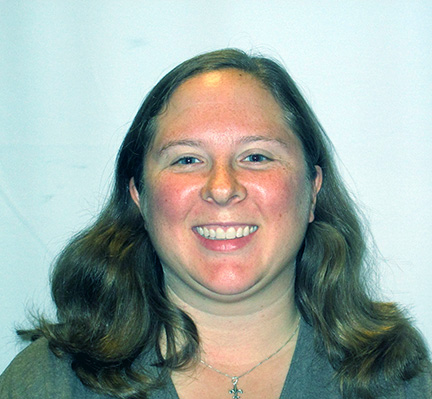
My name is Kirsten Schmitt. I joined the MATC Times because I was on my high school paper and really enjoyed the experience. I wanted to enhance my experience...






